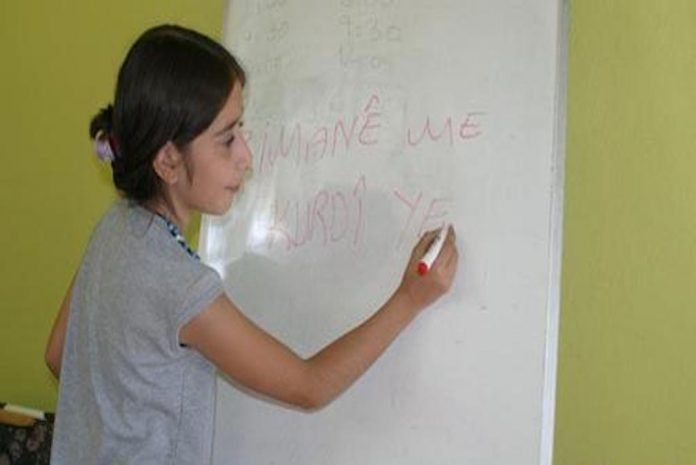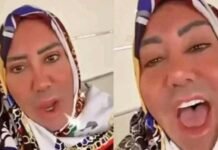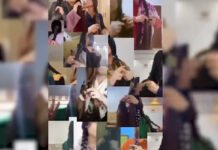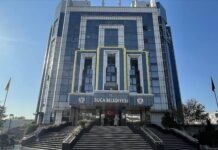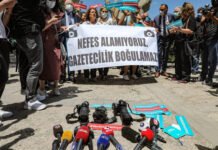Kurds around the world celebrated “Kurdish Language Day” on May 15 to honour the Kurdish language, which has been suppressed for decades, especially in Turkey.
The celebration was proposed by Kurdish literary scholars and linguists as a way of contributing to the development of the Kurdish language.
The German Democratic Kurdish Community Center (NAV-DEM) issued a written statement on the occasion of Kurdish Language Day and underlined that the Turkish state has carried out all sorts of plans to deny the existence of not only Kurds but also their language and culture.
The statement also accused the policies pursued by the Justice and Development Party (AKP) government led by Turkish President Recep Tayyip Erdoğan of attempting the annihilation of the Kurds and Kurdish culture.
“A people’s freedom can only be possible if this people’s language is free. And the freedom of a language can only be achieved through the abolition of all obstacles to its use, in daily life education, communication-publishing to organizing and politics, to the free use of all areas. Otherwise a language deprived of these possibilities exists in conditions of heavy oppression and assimilation and will have difficulties to survive,” said the statement.
NAV-DEM urged all people, mainly women and young people, to speak their mother tongue and stated: “We call upon our people to resist against the racist-fascist groups, that despise and insult the Kurdish language. We need to protect our national existence and culture against all those who attack Kurdish youths because they speak or sing in Kurdish.”
Meanwhile, according to Sami Tan, president of the Kurdish Institute, the rate of reading and writing in Kurdish has increased while the rate of speaking the language has decreased. Tan emphasized the need for parents to speak Kurdish with their children from a young age to promote the development of the language.
Speaking to the Mesopotamia news agency Tan underlined that the Kurdish language has no status in Turkey and is considered a dialect. Recalling that the AKP in the past used some election posters written in Kurdish, Tan said: “They tried to use Kurdish on the election posters, but they ended up being ashamed of it since a large portion of them did not actually know it. In this election campaign, though, because of the nationalistic mentality of the MHP [Nationalist Movement Party] and the denial policy of the state of emergency, they will not use any Kurdish. In fact, at the moment, only the HDP uses Kurdish in election material, nobody else.”
Tan also stated that in many schools in the region, Kurdish students are in fact being prevented from speaking Kurdish. “You can actually see the note on the blackboards, saying, ‘I will not speak Kurdish’,” he said.
“Clearly 90 years of denial and assimilation policies against the Kurdish language, and even its violent repression, increased insecurity among Kurdish society. The attempts to break the will of the society yielded some results. How did this come about? The new generation of society is slowly breaking away from the language, especially when people don’t speak with their own children in Kurdish. A generation later the breach becomes clearer… Auto-assimilation has acquired an important role. We can see this when we look at the society, especially from a sociolinguistic point of view: The rate of spoken Kurdish has decreased while the Kurdish literacy rate has increased. This is a situation caused by auto-assimilation,” said Tan.
The Kurdistan Communities Union’s (KCK) Education Committee also issued a written statement and said: “Each society shapes its existence and its sociality in its own language. This universal reality is also valid for the people of Kurdistan.”

